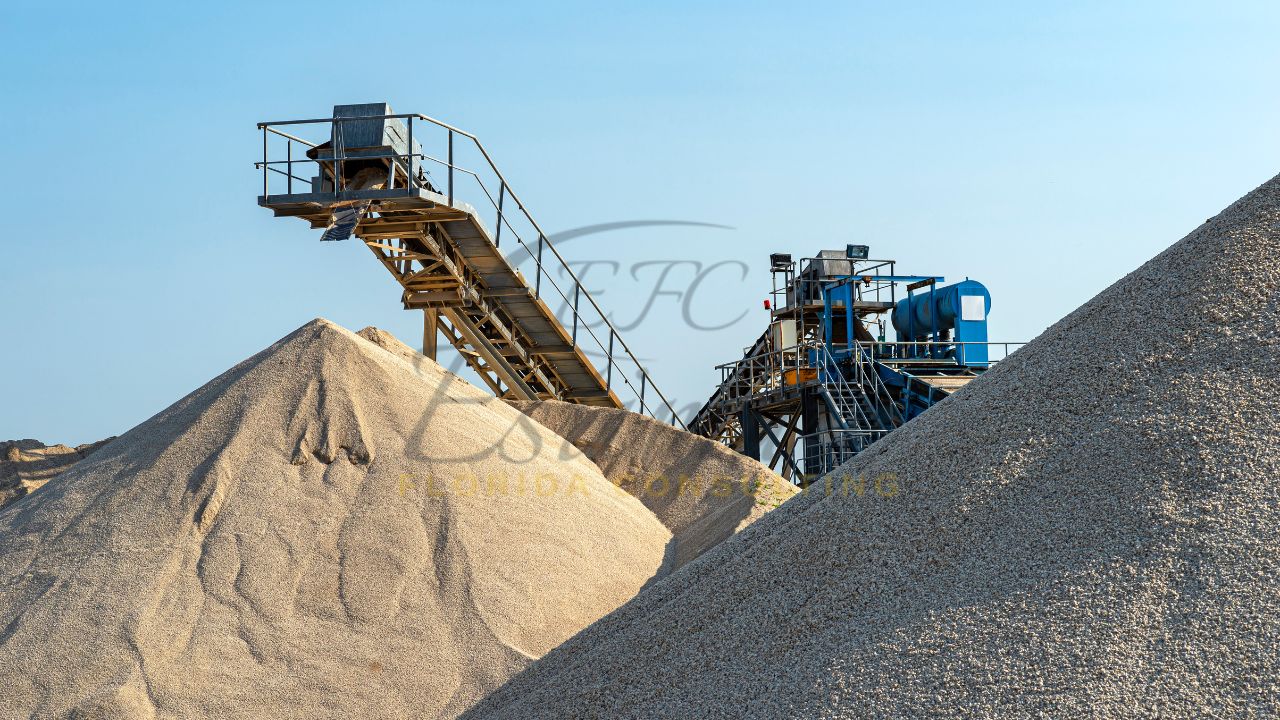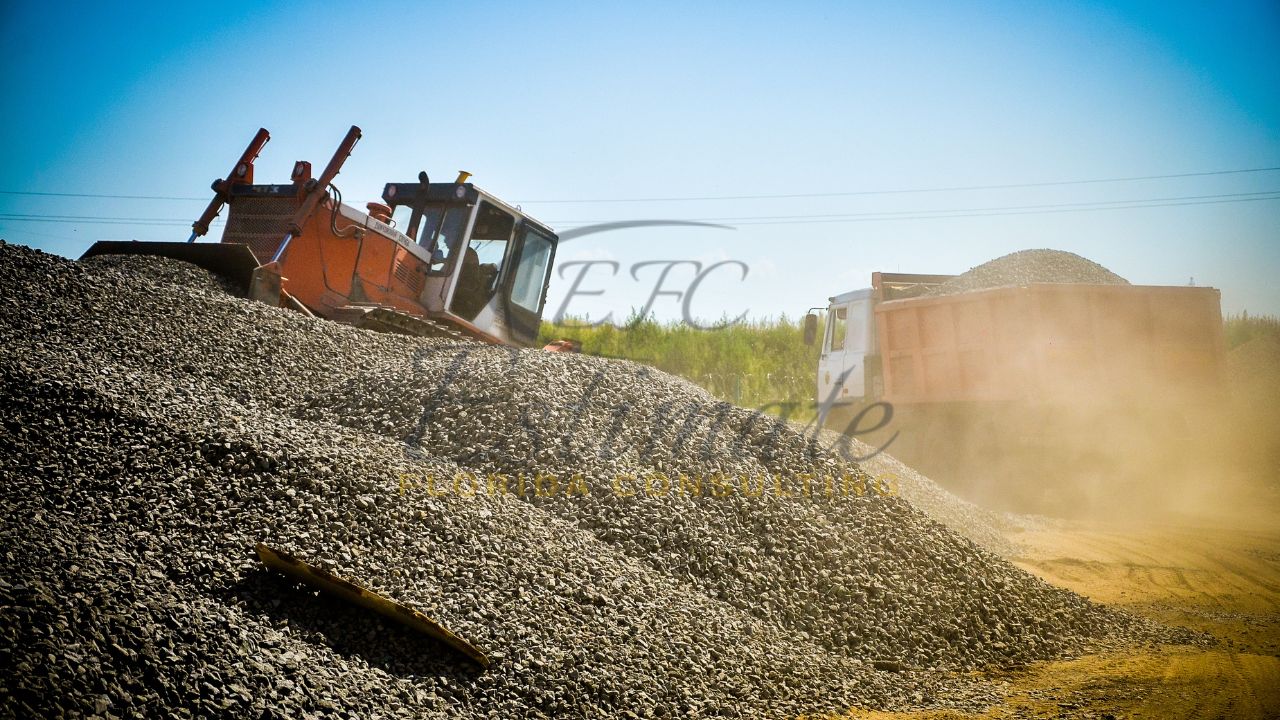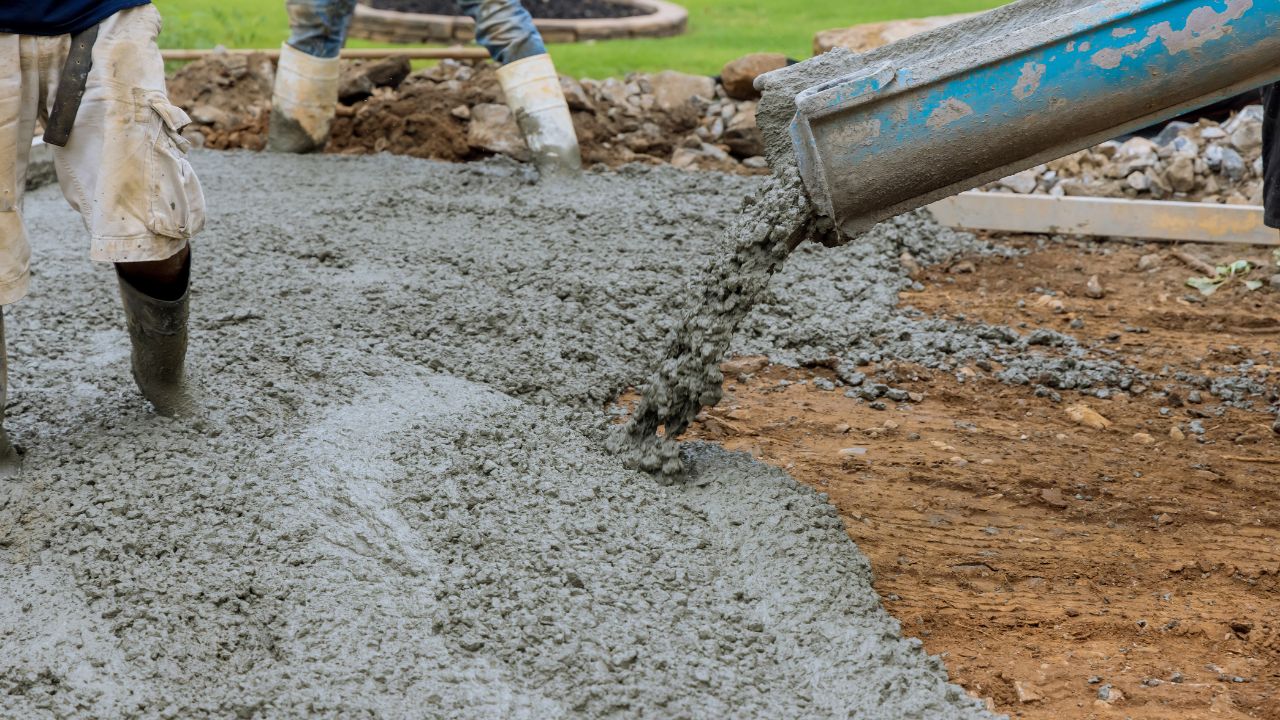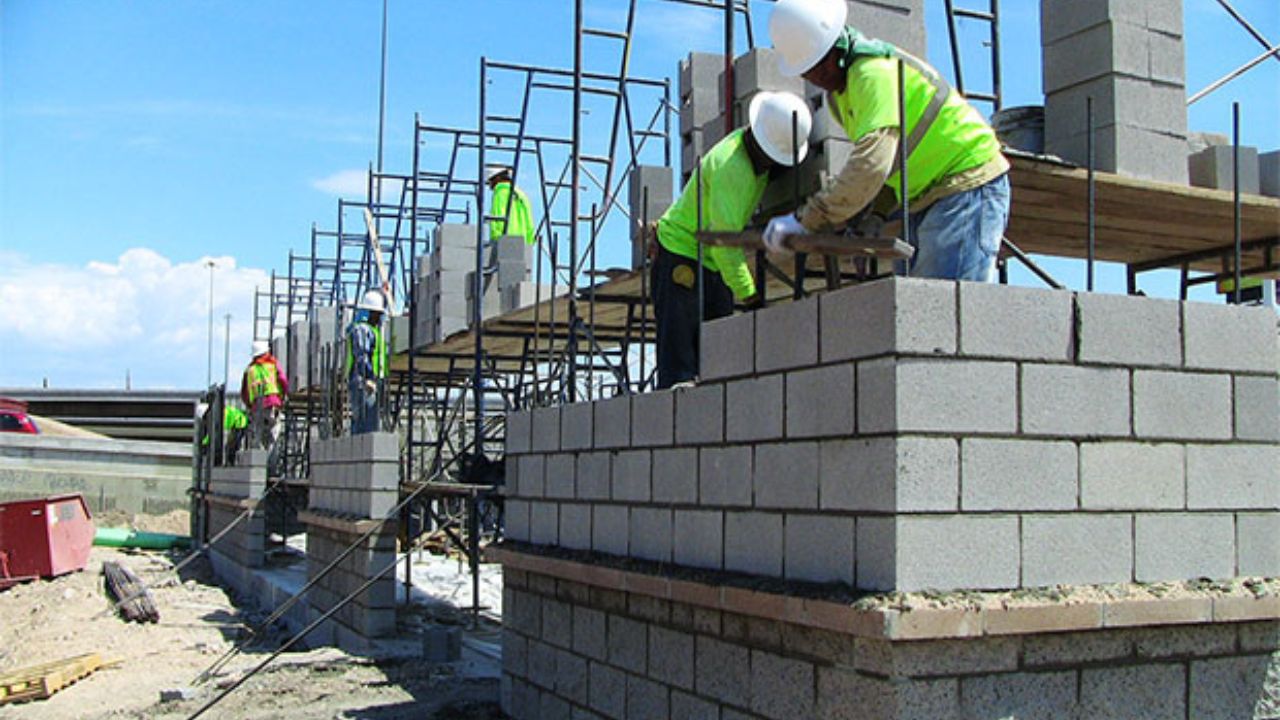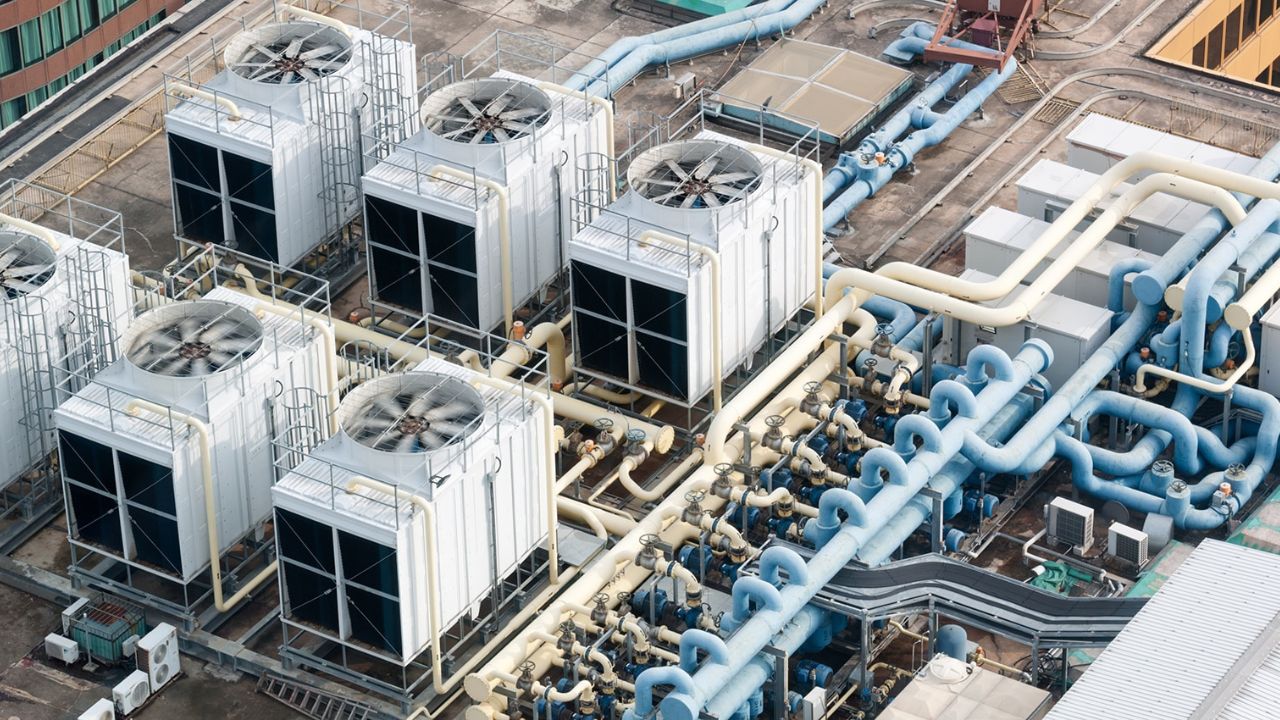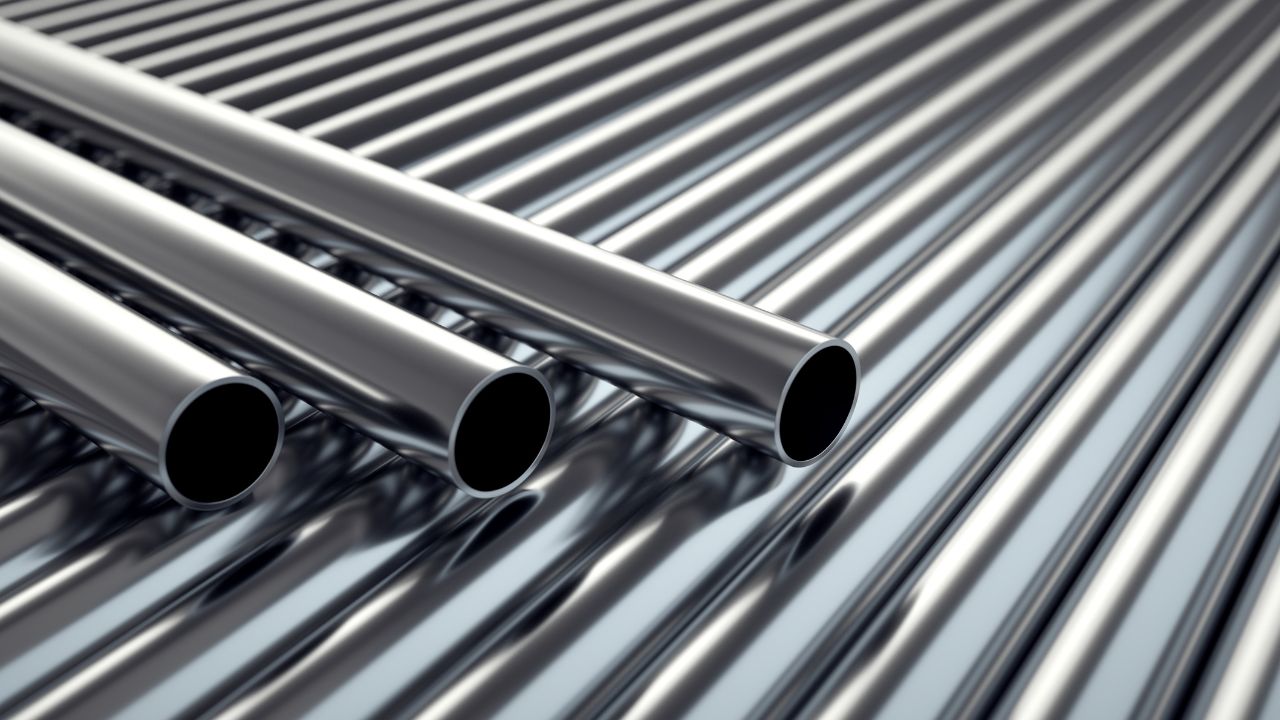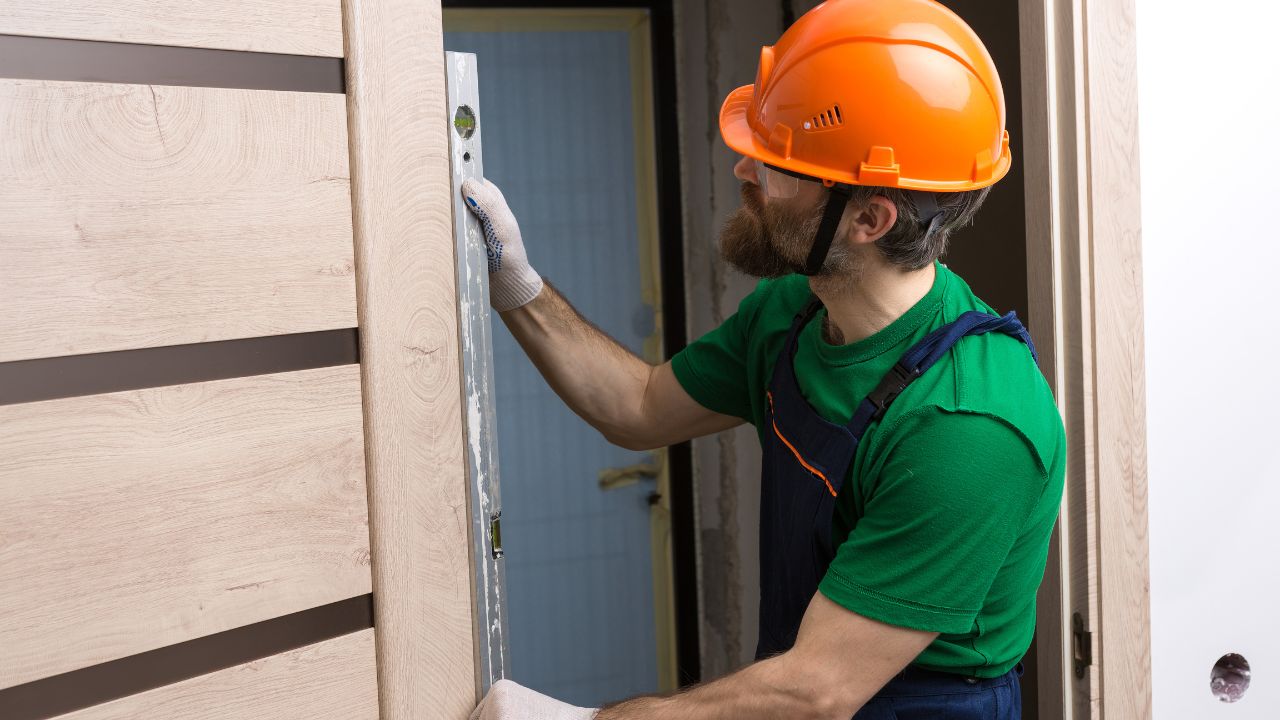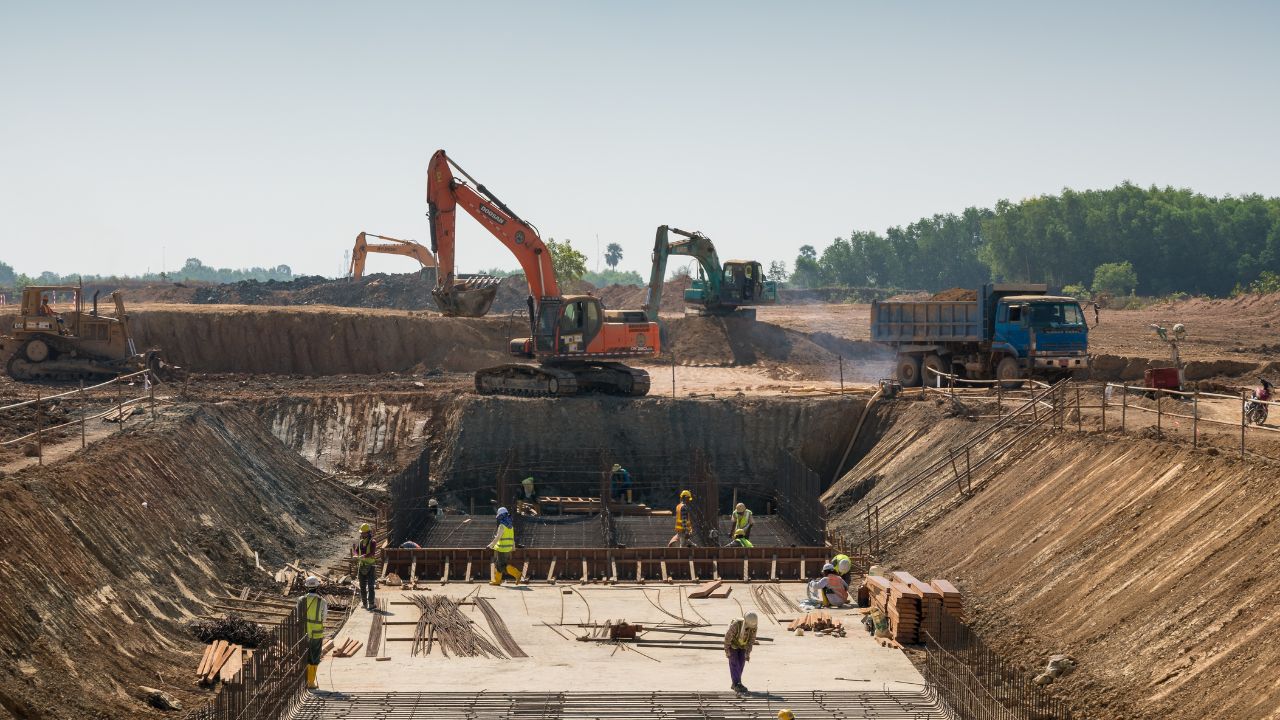- Homepage
- Aggregates Supplier in Boynton Beach
Aggregates Supplier in Boynton Beach
We connect you with the best aggregates suppliers.
Aggregates are the unsung heroes of the construction and landscaping industries. Whether you’re building a driveway, laying a concrete slab, constructing a commercial complex, or enhancing your landscape design, aggregates are a fundamental component. In Boynton Beach, where tropical conditions, sandy soils, and coastal weather systems influence construction practices, choosing the right aggregates is not just essential—it’s critical.
As a leading source for professional estimating and material sourcing services, Estimate Florida Consulting connects you with trusted aggregates suppliers in Boynton Beach. We don’t sell or install materials ourselves, but we bridge the gap between your project requirements and the top suppliers in the area—ensuring affordability, quality, and efficiency for every build.
What Are Aggregates and Why Are They Vital in Construction?
Aggregates are granular materials used as a base or filler in construction and landscaping. They can be natural or processed, and come in a variety of sizes, colors, and compositions. Some of the primary functions of aggregates include:
- Supporting load-bearing structures
- Enhancing drainage and stormwater management
- Binding with cement to form concrete
- Stabilizing soft soils
- Adding aesthetics to landscaping
They are used in foundations, road beds, walkways, concrete mixes, retaining walls, and even playgrounds. Without aggregates, most construction materials would not be cost-effective or structurally viable.
90% More Chances to Win Aggregates Projects with Our Estimate
Different Types of Aggregates Supplied in Boynton Beach
Crushed Stone
This is one of the most widely used types of aggregate. It’s made by mechanically crushing rocks like granite or limestone into angular fragments. Common sizes range from 3/8” to 1.5” and are ideal for:
- Concrete mixing
- Driveways
- Foundations
- Structural fill
Gravel
Naturally occurring and rounded, gravel is commonly used in landscaping for its appearance and in drainage systems for its permeability. River rock and pea gravel are popular subtypes used in Boynton Beach properties.
Sand
Construction sand comes in different varieties:
- Concrete Sand (coarse, used in concrete mix)
- Mason Sand (fine, for mortar and stucco)
- Fill Sand (unwashed, for grading and backfill)
Shell Aggregate
A local favorite in coastal regions like Boynton Beach, shell aggregate is made from crushed seashells. It is lightweight, permeable, and has a tropical aesthetic that enhances gardens, patios, and walking paths.
Recycled Concrete Aggregate (RCA)
Recycled aggregates are made from crushed concrete and asphalt. These materials are sustainable, affordable, and excellent for sub-base fill, non-structural work, and road repair.
Riprap and Boulder Rock
Large angular stones, used for erosion control along seawalls, drainage ditches, or steep slopes.
Common Uses of Aggregates in Boynton Beach Projects
Aggregates are versatile and used in a variety of construction contexts:
- Road Construction: Base layers for asphalt and concrete roads
- Home Foundations: Structural fill under slabs and footings
- Drainage Fields: For French drains and septic systems
- Landscaping: Decorative rock beds, borders, and pathways
- Concrete Products: Mixed with cement for sidewalks, patios, and pavers
- Coastal Retention: Riprap protects property from shoreline erosion
- Pool Deck Backfills: Clean fill for pool shells and surrounding pads
- Equestrian Arenas: Washed sand blends for footing surfaces
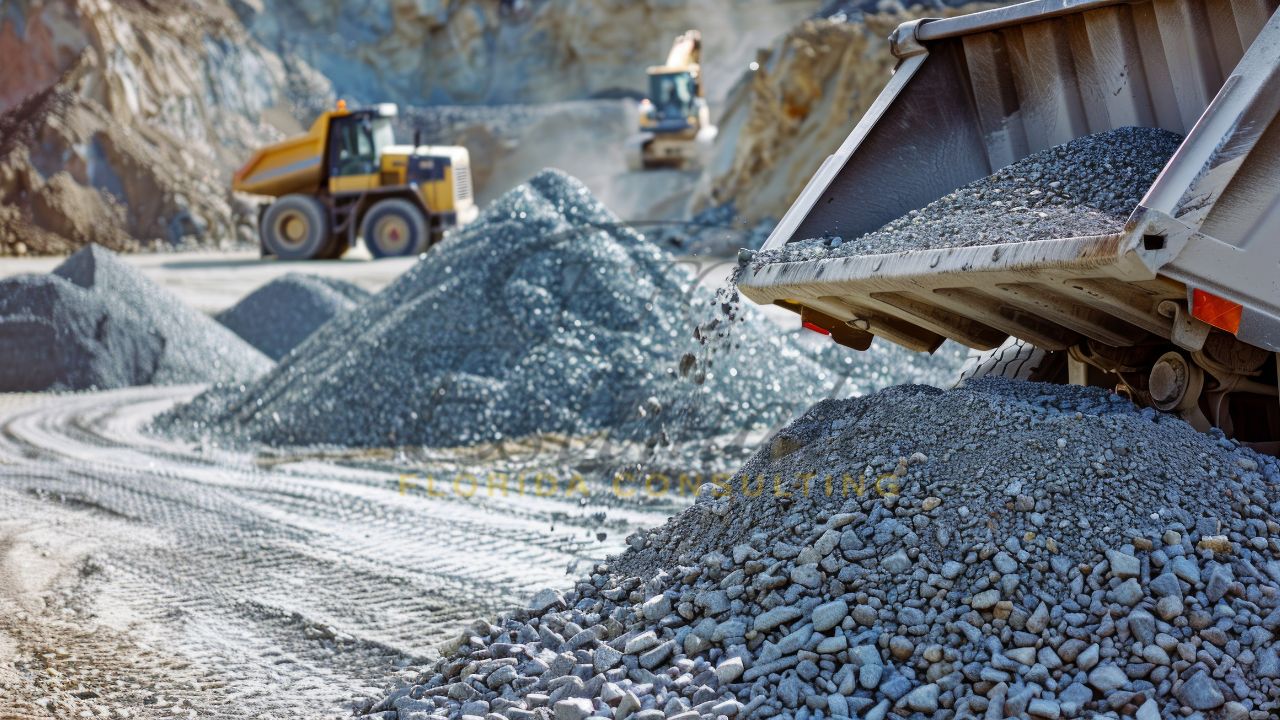
Specialty Aggregates for High-Performance Projects
Lightweight Aggregates
Made from expanded shale or clay, lightweight aggregates reduce load and improve fire resistance. They are ideal for high-rise buildings or rooftop gardens.
Decorative Aggregates
These include tumbled glass, polished stones, and color-enhanced gravels, often used in landscaping, exposed aggregate concrete, and garden pathways for added visual appeal.
Stabilized Aggregates
Used in trail systems, golf course paths, and erosion-prone slopes, these aggregates include binding agents to create a solid yet permeable surface.
High-Friction Aggregates
Common in highway construction and airport runways, these specialty materials increase traction and safety.
Rank Higher. Get Found. Win Bigger Construction Projects
Rank higher on Google, get found by real clients, and win more profitable construction projects with smart SEO link building.
- Gain access to premium, high-authority backlink sources
- Implement scalable, white-hat link building strategies
- Leverage integrated tools for content creation and outreach
- Monitor keyword ranking progress in real-time
- Boost visibility with data-driven insights
Aggregate Sizes and Their Functional Importance
Size | Use Area | Notes |
Fine Sand | Bricklaying, playgrounds, mortar | Smooth texture, clean finish |
3/8″ Pea Gravel | Landscaping, patios, footpaths | Decorative and functional |
3/4″ Crushed Stone | Concrete mix, driveways, foundations | Common structural use |
1.5″ Gravel | Drainage and erosion control | Larger, high-drainage capacity |
Riprap (6–18 inches) | Sea walls, slope stabilization | Used in high-flow water areas |
Screenings | Paver base, compact fill | Fine crushed stone |
How to Choose the Right Aggregate for Your Project?
The ideal aggregate depends on several factors:
- Functionality: Is it for drainage, aesthetics, or structural load?
- Size and Gradation: Finer aggregates for mortar; coarser ones for drainage.
- Location: Coastal zones may benefit from shell rock or corrosion-resistant stone.
- Budget: Recycled options often provide savings without compromising quality.
- Drainage Requirements: Some aggregates allow more water flow than others.
- Color and Finish: For visible areas, choose materials that complement your exterior design.
- Availability: Local sourcing reduces delivery costs and timelines.
Estimate Florida Consulting will review your project’s scope and recommend the best mix of materials.
Detailed Pricing Guide for Aggregates in Boynton Beach
Prices can vary based on market trends, fuel prices, and supplier stock. Here is a 2025 estimate range:
Material | Price per Ton |
Crushed Stone | $50 – $75 |
Pea Gravel | $55 – $85 |
Fill Sand | $25 – $40 |
Mason Sand | $40 – $65 |
Concrete Sand | $45 – $70 |
Recycled Concrete | $30 – $55 |
Shell Aggregate | $60 – $90 |
Decorative Pebbles | $90 – $150 |
Boulder or Riprap Rock | $100 – $175 |
Delivery Fees:
- Local up to 10 miles: $80 – $150
- Remote or large orders: Custom quote
Bulk discounts and tiered pricing may apply for high-volume or recurring orders.
Delivery and Volume Options from Local Suppliers
Boynton Beach suppliers typically offer:
- Bulk delivery (5 to 25 tons per load)
- Bagged materials (for small projects)
- Custom blend aggregates on request
- Jobsite drop-offs with scheduling support
- Weekend and evening deliveries (for commercial projects)
- Stockyard pickup for fast turnarounds
Some suppliers also offer crane or Moffett truck service for tight-access residential deliveries.
Compliance and Quality Assurance in Aggregate Supply
All aggregates must meet ASTM and FDOT (Florida Department of Transportation) specifications depending on usage. For example:
- ASTM C33: For concrete aggregates
- FDOT Type B-3 Base: Road base specification
- ASTM C144: For masonry sand
- ASTM D448: For coarse aggregates
Local suppliers often provide Material Safety Data Sheets (MSDS), certificates of compliance, and load tickets.
Aggregates for Eco-Friendly and Green Projects
Boynton Beach developers increasingly request sustainable construction solutions. Aggregates contribute by:
- Using recycled concrete instead of virgin rock
- Incorporating local shell or limestone to reduce transport emissions
- Offering permeable paver bases for LEED credits
Recycled aggregates can reduce material costs by up to 30% while meeting structural requirements. They also help divert tons of waste from landfills.
We Provide 3D Rendering Services!
For Building Construction and Other Projects
Turnaround time is 1-2 days.
Win More Projects With Us
Serving All Zip Codes in Boynton Beach
Our referred suppliers provide materials to all major neighborhoods and zip codes, including:
- 33426: Boynton Beach Town Center, residential builds
- 33435: Waterfront developments and mid-rise condos
- 33436: Gated communities, golf courses, and commercial parks
Why Work with Estimate Florida Consulting?
We’re not a supplier or installer—we’re your professional estimating partner. We help you:
- Review project blueprints and plans
- Calculate exact material quantities
- Compare costs across local suppliers
- Avoid over-ordering and waste
- Match aggregates with performance and aesthetic goals
- Our insights save you time, money, and stress throughout your project.
Get Started with Your Aggregate Supply Estimate
If you’re ready to begin your project and want a seamless material sourcing process, trust Estimate Florida Consulting to help you locate the best aggregates supplier in Boynton Beach for your needs.
Serving Zip Codes: 33426, 33435, 33436
Call: 561-530-2845
Email: info@estimatorflorida.com
We help you build smarter, estimate better, and source more affordably—every step of the way.
Comprehensive Trade-Specific Estimates
At Estimate Florida Consulting, we offer detailed cost estimates across all major trades, ensuring no part of your project is overlooked. From the foundation to the finishing touches, our trade-specific estimates provide you with a complete and accurate breakdown of costs for any type of construction project.
Frequently Asked Question
Yes. Most local suppliers sell to both homeowners and licensed contractors.
Yes. A compacted base helps prevent shifting and washouts.
Approximately 15–20 tons, depending on depth and compaction.
Not necessarily. Many meet the same performance standards as new materials.
Typically within 24–48 hours for in-stock items.
Yes. Polished gravel, crushed glass, and small pebbles are used in interior design and terrazzo flooring.

